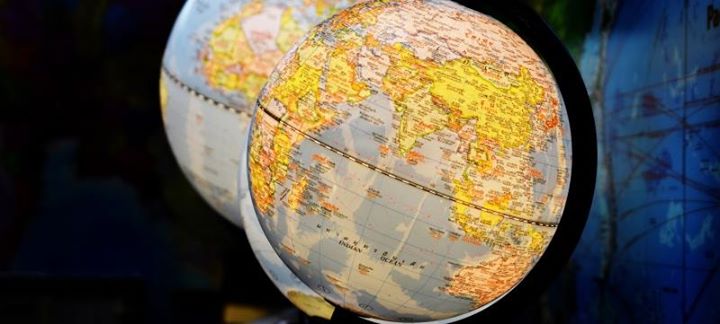Related Articles
Factors affecting Asian American Participation in World Missions
Presenter: David Narita, Faculty at William Jessup University and physician at Western Sierra Medical Clinic Description: Asian Americans are excited about world missions. Well over…
Africa and Missions on the Web
In view of the fact that Africa is the focus for this issue of EMQ, we decided to explore what we could find relating to Africa and missions in this installment of “Missions on the Web.”
Online Member Care Resources
An update of missionary care resources online.
The Web and World Religions
We devote the majority of this article to three categories—general religion sites, new religions and cults, and Islam—followed by briefer coverage of about a dozen other religions in alphabetical order.
The Web and World Religions
We devote the majority of this article to three categories—general religion sites, new religions and cults, and Islam—followed by briefer coverage of about a dozen other religions in alphabetical order.

